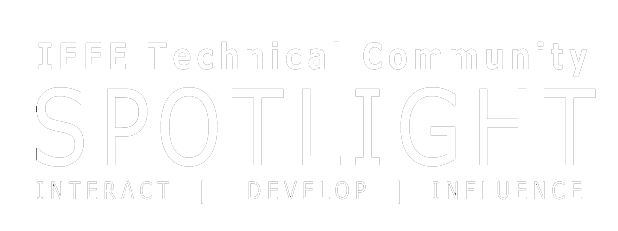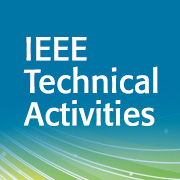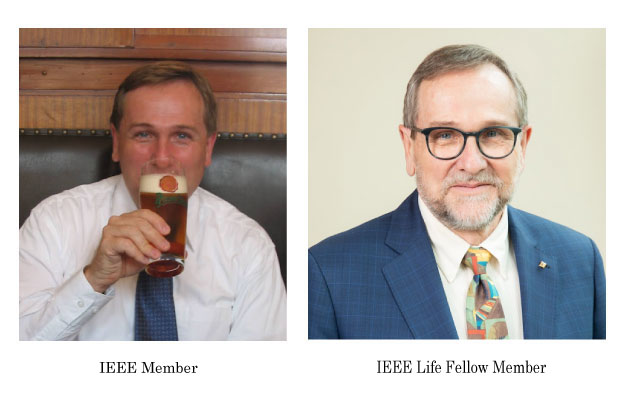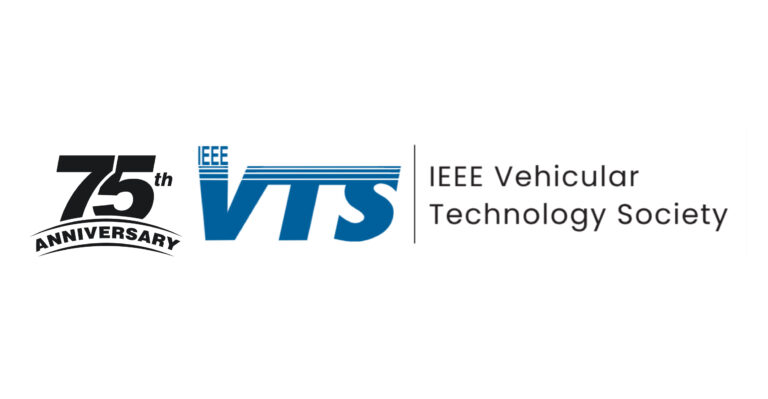First and foremost, IEEE is a technical organization. IEEE has and continues to identify and lead efforts advancing new and emerging technology areas, especially throughout Technical Activities. It is critically important that Technical Activities provides an overall framework and business process that enables and supports a low-risk, low-cost way to pilot programs in new and emerging areas.
That is the inspiration for the TAB Technical Community 2.0 Ad Hoc, or “TC 2.0”. An approved TC 2.0 entity will be empowered to grow and innovate within a lightweight operational framework that reduces the burden on the TAB infrastructure. From my experience as the past chair of the IEEE Cloud Computing Initiative and past Future Directions Committee (FDC) chair, I’ve seen the major investments in volunteer and staff time and financial resources required to launch many new initiatives from Future Directions into the IEEE infrastructure. That is where we see TC 2.0 paving the path by providing a framework that supports long term sustainability, and continued success for these investments.
TC 2.0 aims to offer a new option for an overall framework and business process for new and emerging areas across Technical Activities, to assist in the support and consolidation of IEEE activities across a broad set of technical, socio-economic, and ethical focus areas. TC 2.0 aims to support the IEEE 2023 focus areas of innovation, coordination, cooperation, and communications.
The strategy of TC 2.0 pulls from the skills and deep institutional knowledge of its committee members who have been past or current Society/Council Presidents, Division Directors, TAB Treasurer to:
· Support new and emerging technical communities from TAB for long term success.
· Enable quick “start-up” cross-OU emerging activities.
· Ensure accurate and concise charters for TAB Technical Communities.
· Develop an overall lightweight framework and process to enable and support potential TC 2.0 candidates.
· Provide a clear and finite lifecycle for each TC 2.0, which includes oversight and review.
As the Ad Hoc continues its work in 2023, we will continue to leverage the learning from our first TC 2.0 pilot, Smart Cities, and by invitation add one or two more pilots in 2023. Institutional change will take time, and we want to do this once. We intend to define and set a path for success for TC 2.0.
TC 2.0 is an important step in furthering our innovation, collaboration, cooperation, and communication within Technical Activities, IEEE, and beyond.
Please reach out to me with any questions and comments via Kathy Grise, .





